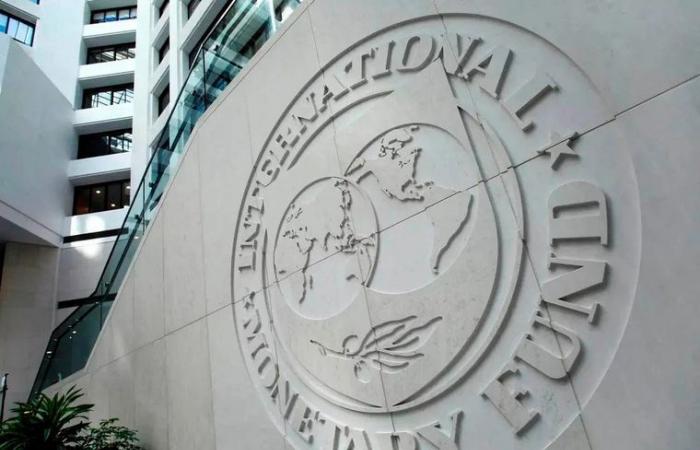The IMF estimated that the Argentine economy will fall 3.5% this year and that inflation will reach 140% annually in December. In its staff report released this Monday, the organization worsened its projection of the country’s economic growth for this year.
“Output will contract by around 3.5% in 2024 (previously 2.75%), although a turnaround in activity is expected during the second half of this year, as production headwinds ease. fiscal consolidation, real wages begin to recover and investment recovers in response to the reforms” according to the report.
For the IMF, “activity and demand have contracted sharply, although there are early signs that some sectors could be close to bottoming out. Several indicators point towards a possible stabilization of economic activity from April, including improvements in consumer confidence, a rebound in private credit and cement consumption, all in the context of a rebound in agricultural production after last year’s drought.”
/Home Embedded Code/
/End Embedded Code/
Regarding inflation, he estimated that it will continue to decline, ending 2024 at 140% year-on-year and “decreasing even further in the medium term, as the demand for pesos recovers from historically low levels.”
“Meanwhile, reserves are expected to remain unchanged, as less favorable terms of trade are largely offset by higher net capital inflows. Sustained medium-term fiscal and external surpluses – supported by strict policies, productivity increases and structural improvements in the energy balance – will strengthen reserves and ensure prospects for access to international markets,” the organization emphasized.
And he added that monetary and exchange policies “will evolve to strengthen disinflation and safeguard the accumulation of reserves.”
Specifically, “to support the transition to a new monetary regime, the Central Bank will ensure that monetary policy rates move towards positive territory in real terms, while exchange rate policy will become more flexible with the relaxation of currency management measures.” capital flows as conditions permit,” according to the Monetary Fund.
In its report, the agency also considered that although the fixed devaluation rate (2% monthly) “has helped anchor inflation, the authorities will adjust exchange rate policy over time to move more flexibly to better reflect the fundamentals.” and safeguard further improvement in reserve coverage.”
“Following initial measures to undo restrictions and exchange controls, the authorities remain committed to undoing all capital controls and exchange restrictions, starting with the most distorting measures, including the elimination of the 80/20 preferential export scheme and eliminating the tax COUNTRY before the end of 2024,” he added.
Meanwhile, he considered that “efforts must continue to reform the Income Tax, rationalize subsidies and tax expenditures and strengthen spending control.”
And he said that “beyond this year, it will be essential to deepen the reforms of the tax, retirement and income distribution systems, including the elimination of distortive taxes.”
The IMF noted that “the fiscal package, which is expected to be approved by Congress – which includes an income tax reform, a tax amnesty (laundering), an improvement of Personal Assets and excise taxes on tobacco – will support and will improve the quality of sanitation efforts.”
/Home Embedded Code/
/End Embedded Code/
But in addition, the organization mentions its fear that delays in the fiscal and structural package “undermine” the stabilization plan.
Therefore, in case of “delays” in Congress’ approval of fiscal measures, the authorities agreed to resort to “discretionary” decisions, such as reinforcing and expanding special taxes, particularly on fuel, accelerating the removal of subsidies and cutting plus funds to provinces and public companies.
On the other hand, the economic team is also willing to adjust monetary and exchange rate policy with “greater agility” to achieve the objectives of reserve accumulation and disinflation, for example, bringing real interest rates into positive territory sooner to sustain the demand for pesos in the event that the reduction in inflation and inflationary expectations are more persistent.






